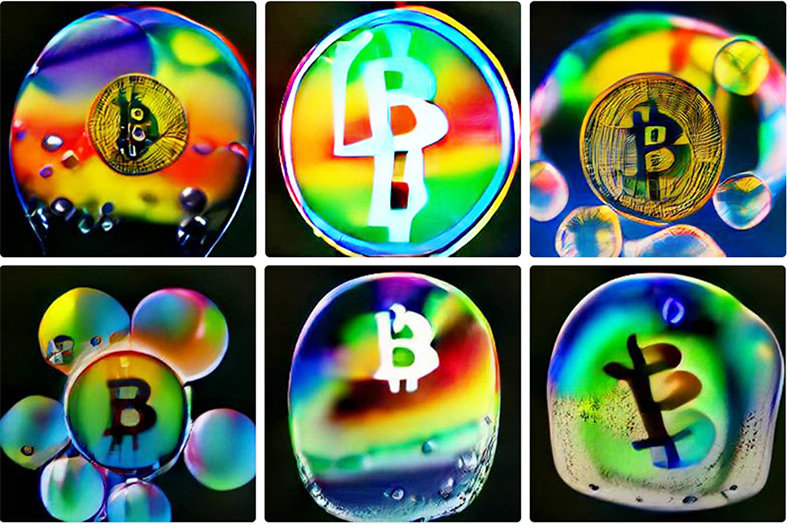The internet is replete with people referring to Bitcoin as a “bubble.” Yet many of these pundits do not fully grasp Bitcoin … or even basic economics. By Sterlin Lujan

For anyone unfamiliar with what a bubble is, investopedia refers to it as an asset driven by unwarranted, but exuberant, market behavior. It is basically a hike in price that has resulted in a lie or “false truth” about the actual value of an asset, and therefore presages a massive selloff.
People are Confused About Bitcoin
Commentators like Peter Schiff and others have routinely said Bitcoin is a “bubble,” and that it will collapse any moment. They make these claims, but do not seem to understand how Bitcoin works.
In a Chicago Tribune op-ed article Gail MarksJarvis also compared the bitcoin boom to various historical bubbles: “Do you remember the housing crash of 2008, when the innocents who bought homes thinking they’d make a fortune on soaring prices ended up losing 30 percent on plunging home values? Do you remember the technology stock bubble of early 2000? Until the technology bubble burst, people were euphoric about the pioneers of the fledgling Internet in the 1990s, and figured the gains in technology stocks would never end.”
She goes on to say that Bitcoin is not special or different in this regard, implying it is a “volatile bubble” that could burst at any time and leave investors gasping for air. Her comparisons are erroneous, though. Bitcoin is not comparable to any of the aforesaid history lessons.

Bitcoin is Special
Bitcoin is special. It is not a company that could lose profitability and fail. It is certainly not a speculative real estate scam that could crumble as a result of government and bank-induced chicanery. Bitcoin is another animal. Its value is not increasing because of marketplace lies. It is increasing because it is a life-changing financial invention. It is increasing because more people are adopting it. The “network effect” is in full swing.
When investors are rabid to get on board, this excitement is causing Bitcoin’s price to explode – but do not confuse this with an artificially inflated bubble based on a “false truth.” In accordance with the network effect, the more people that continue to get involved with Bitcoin, the higher the price will climb.

Bitcoin is also growing as a result of basic economics. The supply is limited to 21 million units and this necessarily makes Bitcoin a scarce asset. When things are scarce and people want those things, their value will ultimately rise. Supply and demand at work.
Thus, when economics and the network effect intermingle, you have a recipe for explosive growth within an asset. Bitcoin is not some new version of the 17th century tulip bulb. It is a groundbreaking advancement in accounting and money.
With that said, this does not mean Bitcoin is guaranteed to succeed. The price could be affected if something bad were to happen to the protocol that underlies it. If this kind of event ever occurred, people would certainly lose faith in Bitcoin and its price would collapse. However, this is not the same thing as an artificially hiked price or “bubble.” It is the result of a technological or community failure, but not a market failure.
Conclusion
If people want to call Bitcoin a bubble, they ought to explain why exactly it is, instead of incompetently comparing it to past bubbles that do not share any characteristics with Bitcoin other than a big price tag. If Bitcoin were a bubble, it would be the largest one humankind has ever witnessed (not counting the 6,000-year old gold bubble, of course). But that is unlikely. It is more likely that Bitcoin is just an amazing creation. Its value and potential dwarfs any fintech idea heretofore imagined, and the blockchain communities are just getting started.
Sterlin Lujan is a journalist, editor, speaker, anarchist, and essayist. He has been involved with cryptocurrency and Bitcoin since 2012. Sterlin is especially interested in the intersection of psychology and cryptography.